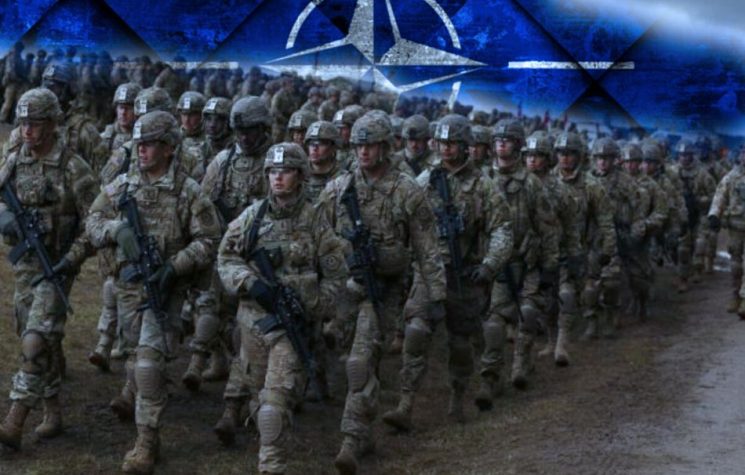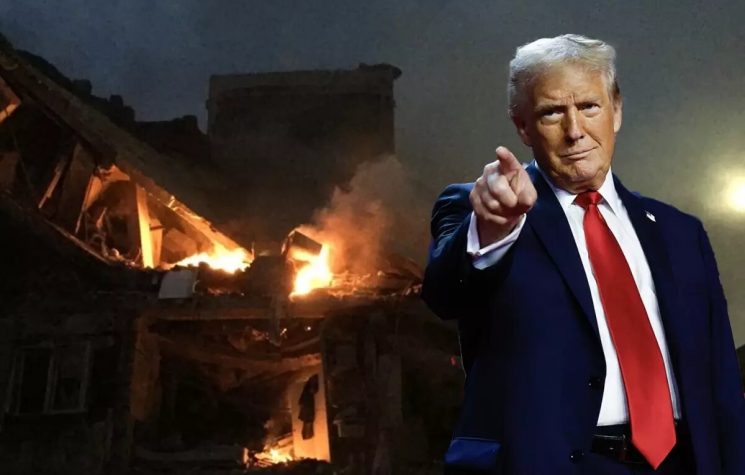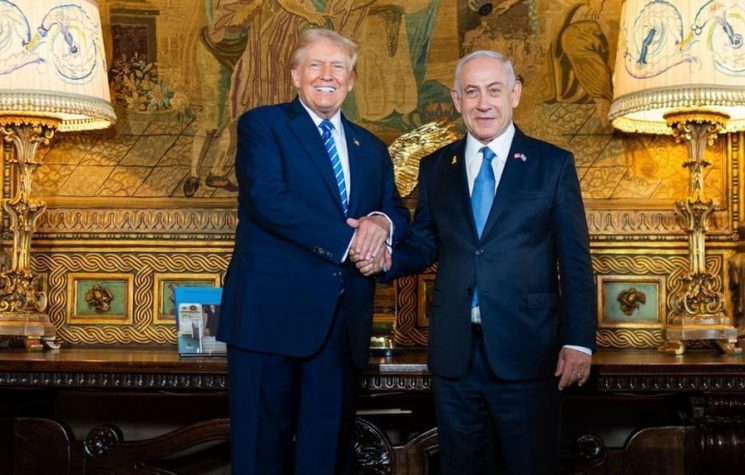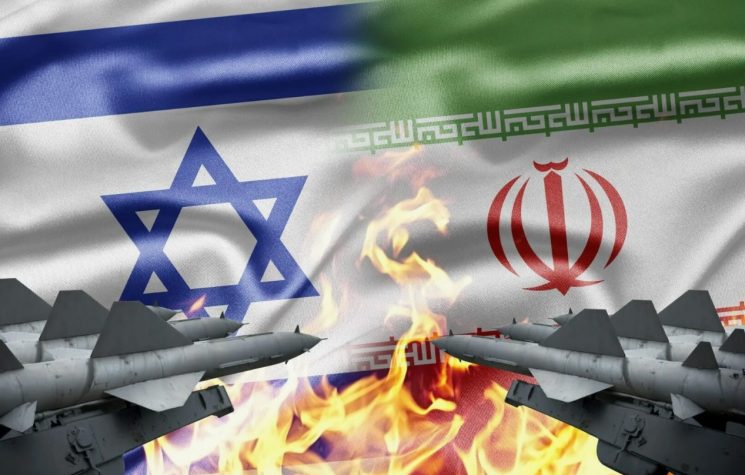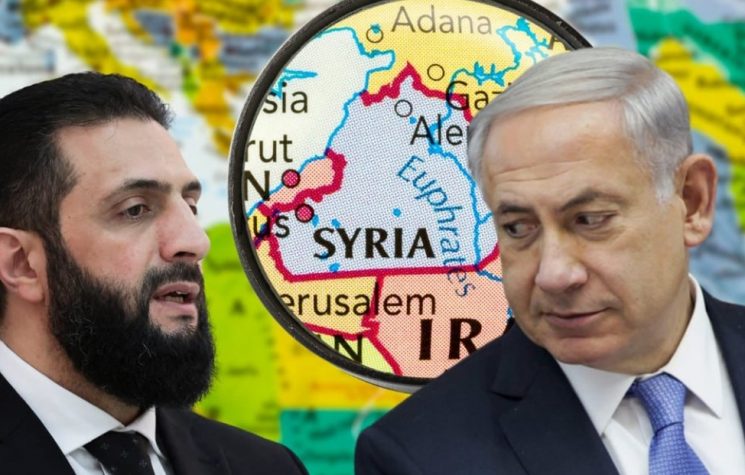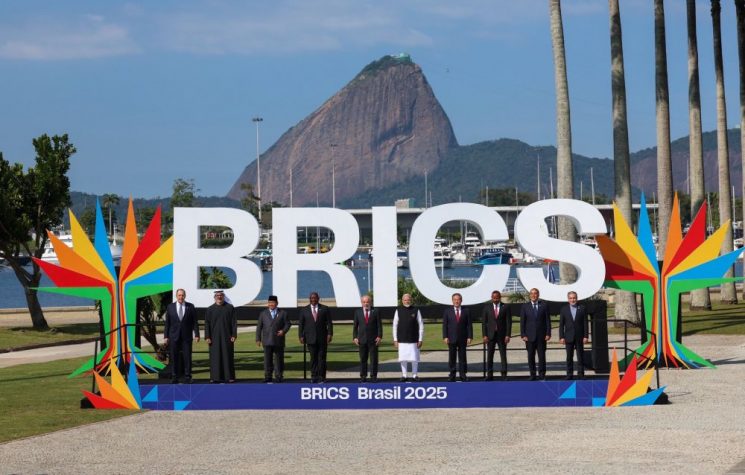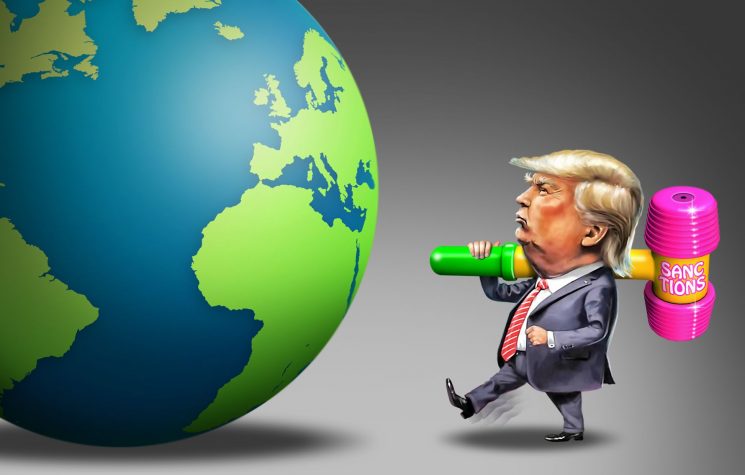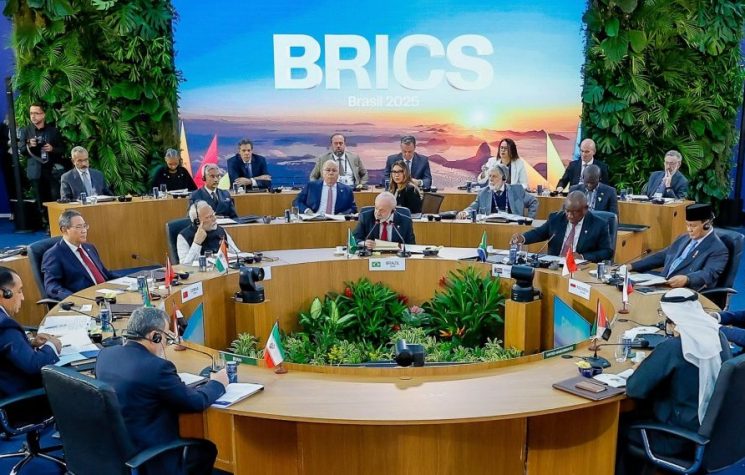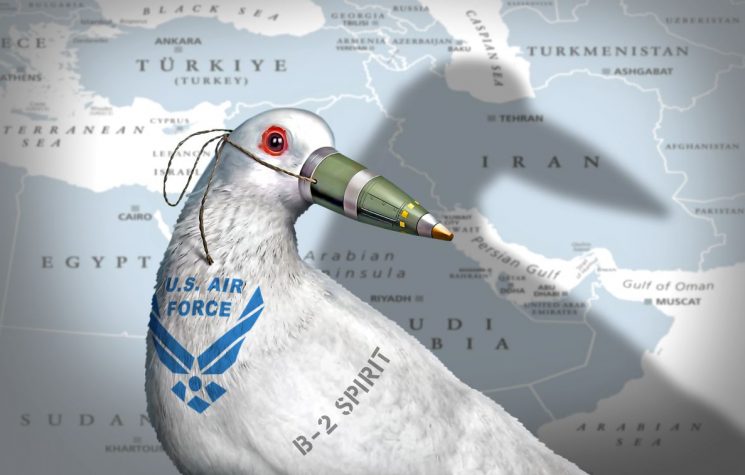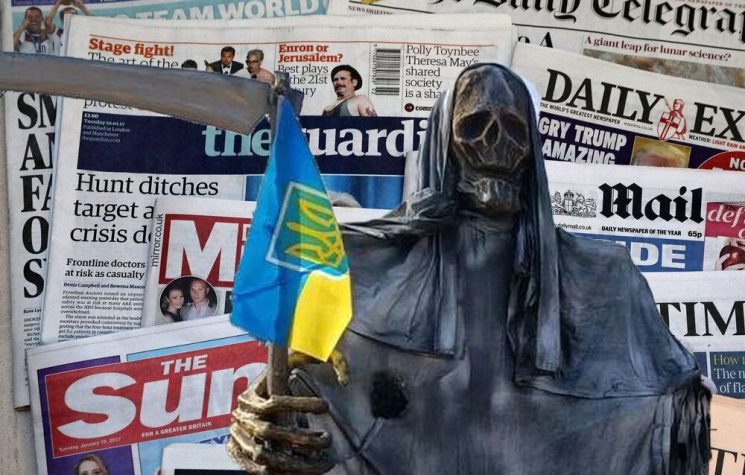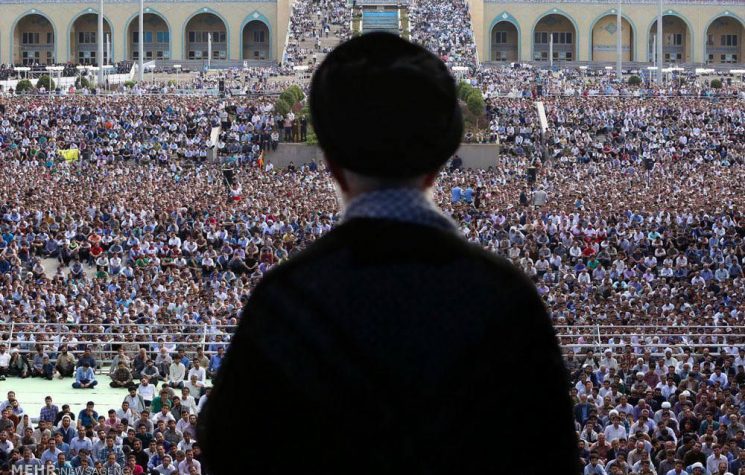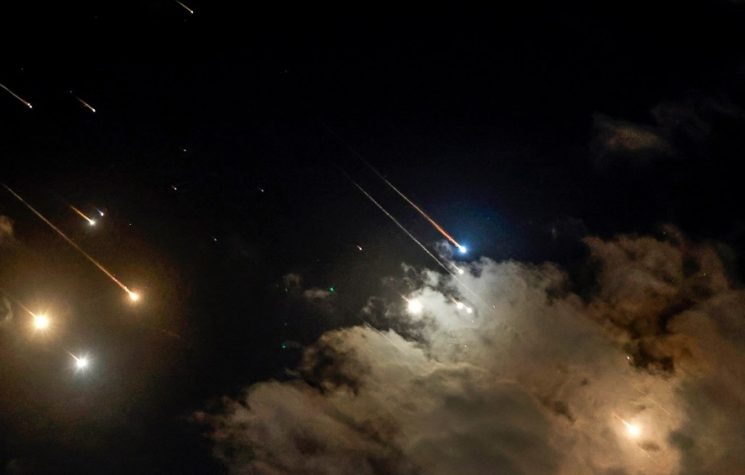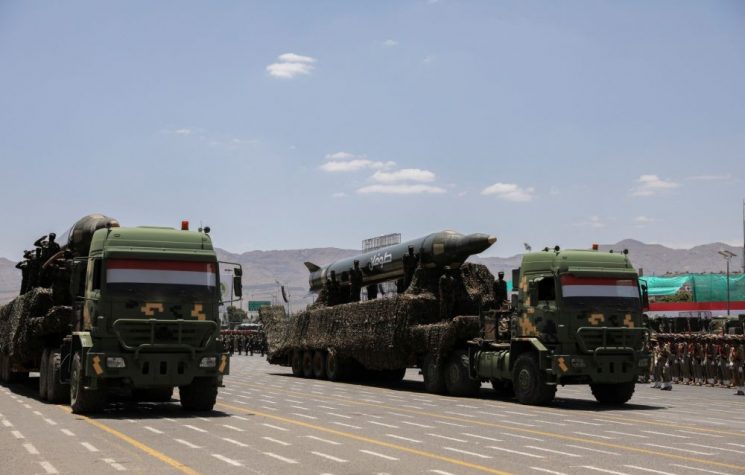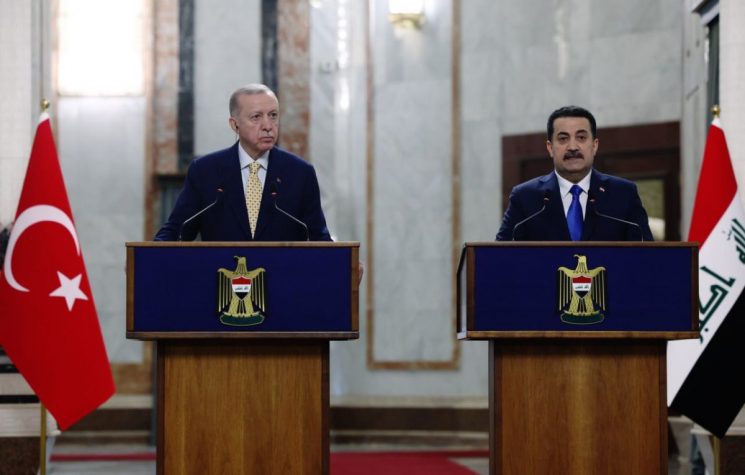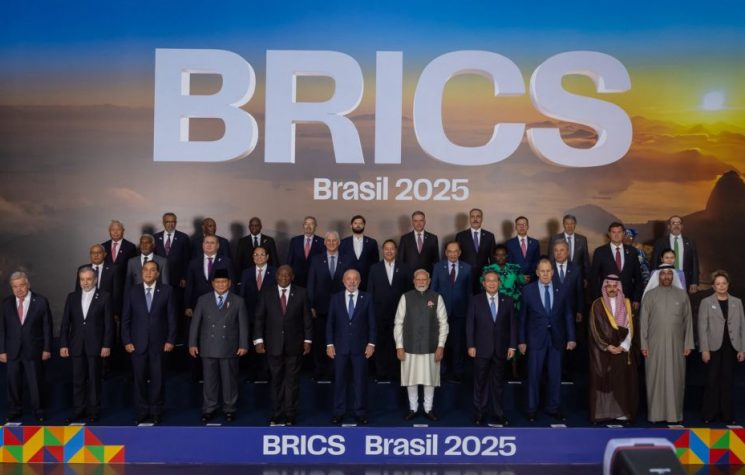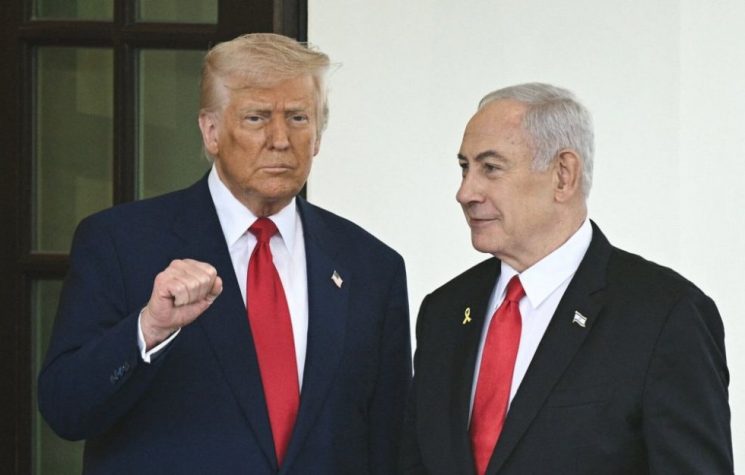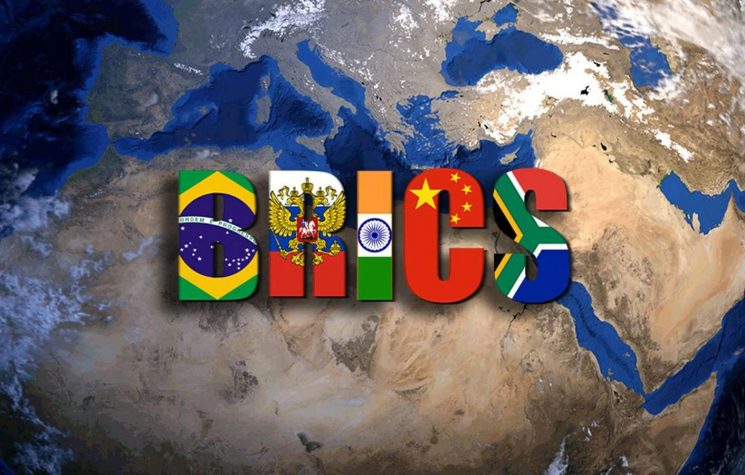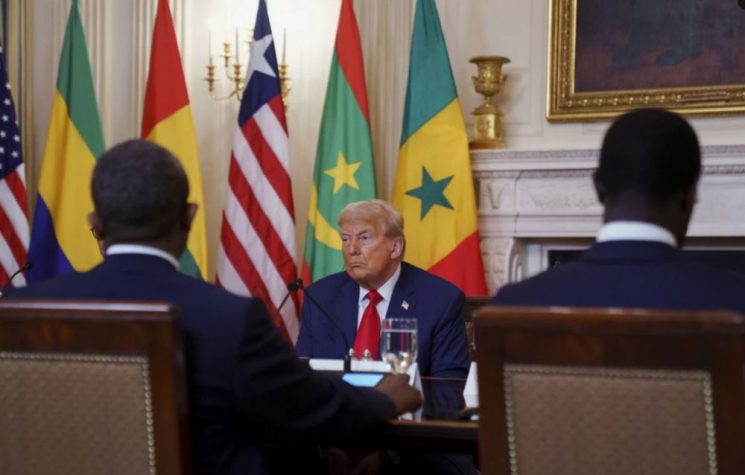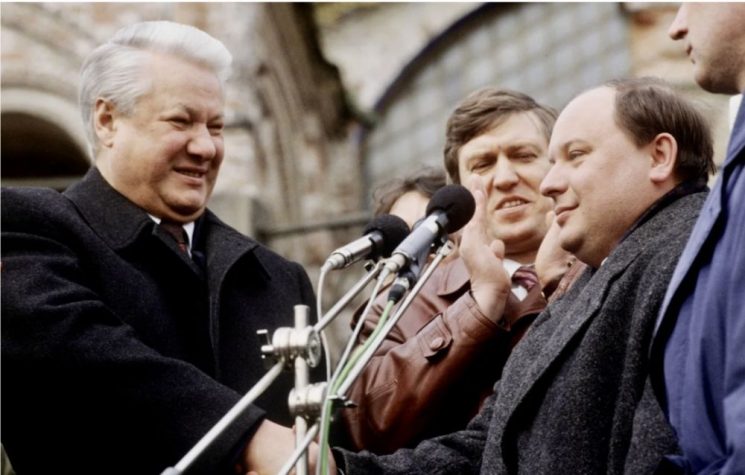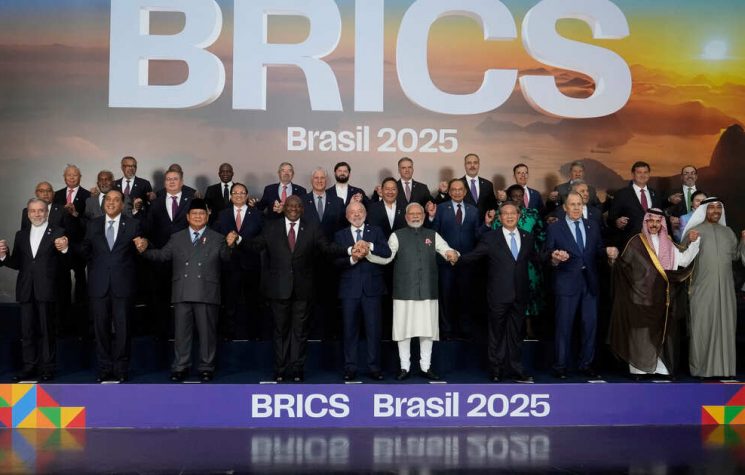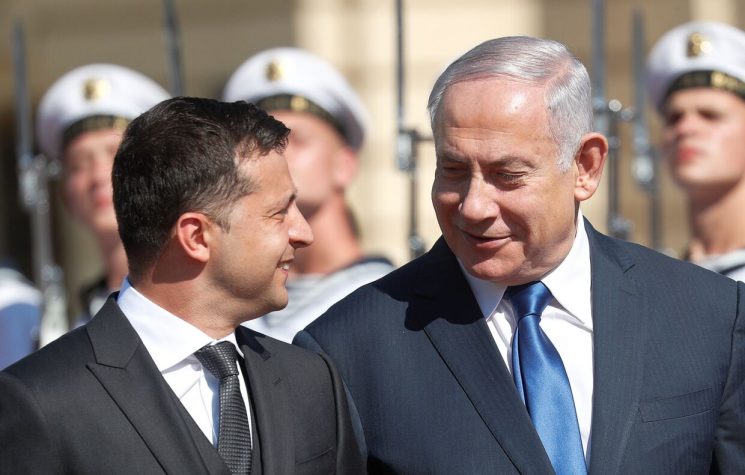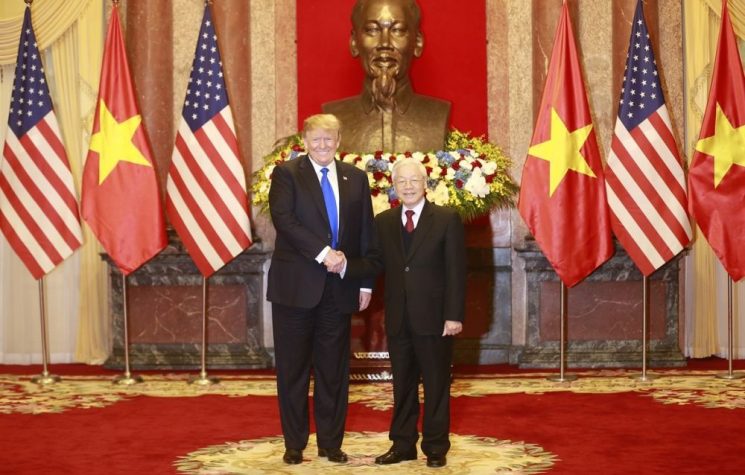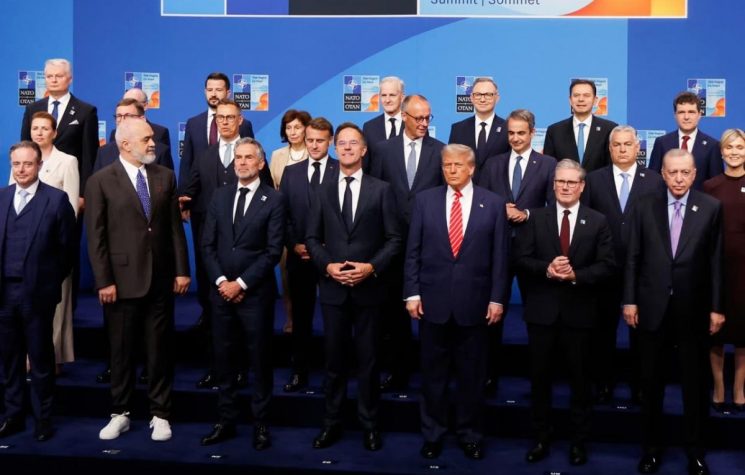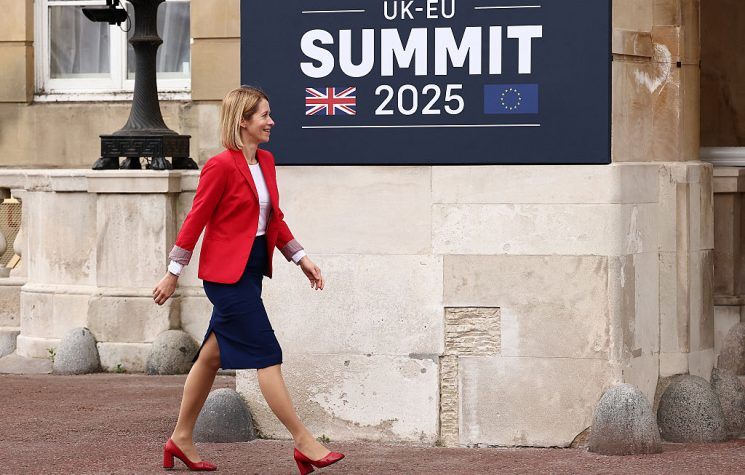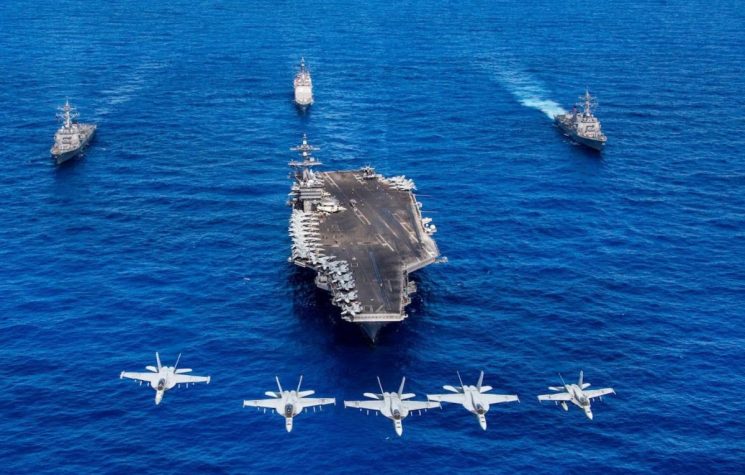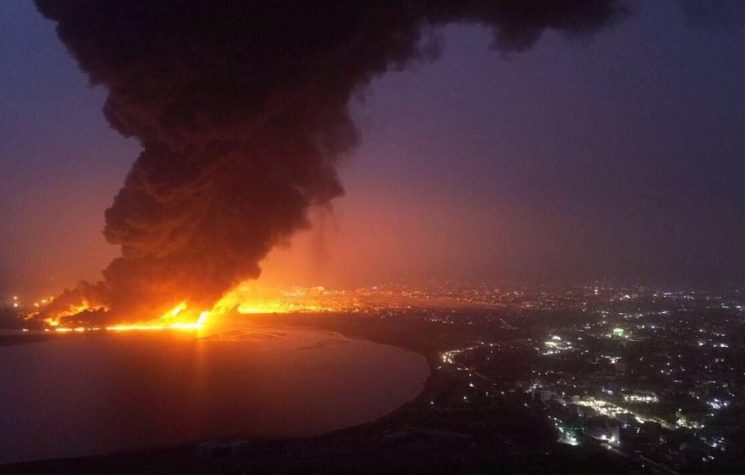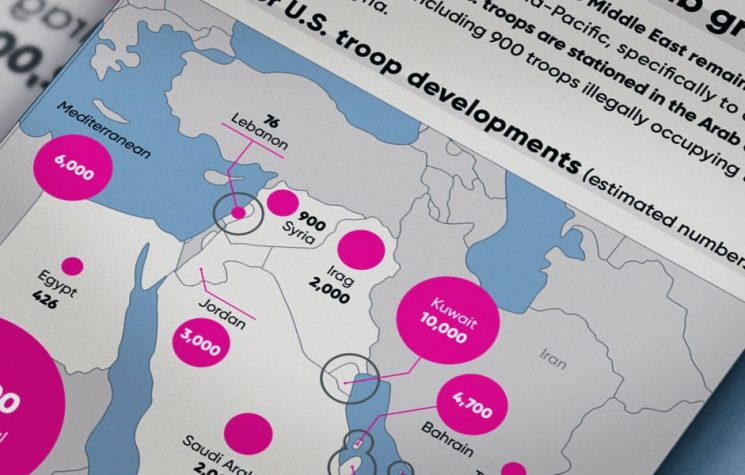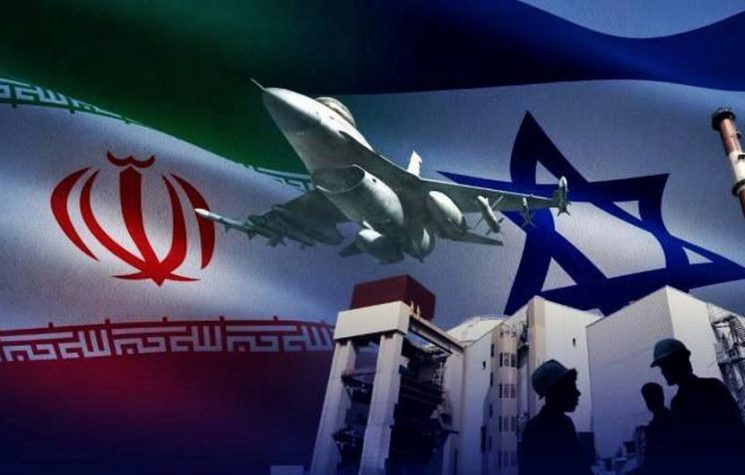China and Russia have been remarkably quiet, watching carefully the global tectonic plates shifting around in response to the ‘two wars’.
❗️Join us on Telegram![]() , Twitter
, Twitter![]() , and VK
, and VK![]() .
.
Contact us: info@strategic-culture.su
China and Russia have been remarkably quiet, watching carefully the global tectonic plates shifting around in response to the ‘two wars’ (Ukraine and Israel’s ‘multiwar’). Really it is not surprising; both states can sit back to simply watch Biden and his team persist with their strategic mistakes in Ukraine and in Israel’s multiple wars.
The interlacing of the two wars will, of course, shape the new era. There are substantive risks, but for now they can observe with comfort from afar as a climatic juncture in world politics unfolds, gradually raising the pace of the attrition to a circle of fire.
The point here is that Biden, at the centre of the storm, is no cool-headed Sun-Tzu. His politics are personal and highly visceral: As Noah Lanard has written in his forensic analysis of How Joe Biden Became America’s Top Hawk, his own team say it plainly: Biden’s politics is seated in his ‘kishkes’ – his guts.
That can be seen in the disdainful and graphic way in which Biden sneers at President Putin as an ‘autocrat’, and the way he talks about victims of the Hamas attack being massacred, sexually assaulted, and taken hostage, whilst “Palestinian suffering is left vague – if mentioned at all”. “I don’t really think he sees the Palestinians at all”, says Rashid Khalidi, Professor of Modern Arab Studies at Columbia University.
There is a long and reputable history of leaders making the right spur of the moment decision from their unconscious, without careful rational calculous. In the ancient world this was a highly prized quality. Odysseus exuded it. It was called mêtis. But this ability was contingent on having a dispassionate temperament and an ability to see things ‘in the round’; to grasp both sides to a coin, we would say.
But what happens if, as Professor Khalidi implies, the ‘kishkes’ are filled with anger and bile; instinctive sympathy for Israel, fuelled by an outdated view of the Israeli domestic scene. “He just does not seem to acknowledge the humanity of [others]”, as a former Team Biden member put it to Lanard.
Well, mistakes – strategic mistakes – become inevitable. And these mistakes are luring the U.S. in – deeper and deeper (as the Resistance foresaw). Michael Knights, a scholar at the neo-con Washington Institute think-tank noted:
“The Houthis are high on their successes and will not be easy to deter. They are having the time of their lives, standing up to a superpower who probably cannot deter them”.
This comes on the back of an Ukraine war already reaching – or at – its foregone conclusion. Both in the U.S. and amongst its allies in Europe, it is recognised that Russia has prevailed overwhelmingly, and across all ‘domains of conflict’. There is next to no chance that this situation can be recouped, irrespective of money or fresh western ‘support’.
The Ukrainian military taste the bitter fruits of this fact daily. Many in Kiev’s ruling classes ‘get it’ too, but are frightened to speak out. The cadre of hardliners behind Zelensky however insist to press on with their delusion of mounting a new offensive.
It would be a kindness to ‘those about to die’ in another futile mobilisation for the West to call a halt. The endgame is inevitable: An agreement to end the conflict on Russia’s terms.
Ahhh, but do not forget Biden’s ‘kishkes’: This outcome would mean Putin ‘winning’ and Biden’s hope of a victory garland turning to ashes. The war must be kept going, even if its only achievement be to fire long-range missiles directly into the civilian cities of Russia (a war crime).
It is obvious where this is going. Biden is in hole that only can deepen. Can’t he stop digging? Some in America may wish he would, as the Democratic electoral prospects dim. But it seems probable that he can’t, for then his nemesis (Putin) would ‘win’.
Of course, his nemesis has already won.
On Israel, Lanard continues:
“ … Biden often has traced his unyielding support for Israel … to “a long, long discussion” with Henry “Scoop” Jackson – a notoriously hawkish Senator (once described as ‘more Zionist than the Zionists’).
“After Biden became vice-president, he stuck with his ‘no daylight” belief’: (‘that peace will only come from there being “no daylight” between Israel and the U.S.’). In a memoir published last year, Netanyahu wrote that Biden made his willingness to help clear from early on: “You don’t have too many friends here, buddy,” Biden reportedly said. “I’m the one friend you do have. So call me when you need to”.
In 2010, when Netanyahu infuriated Obama with a major settlement expansion while Biden was in Israel; Peter Beinart reported that whilst Biden and team wanted to handle the dispute privately, the Obama camp took an entirely different route: Secretary Clinton gave Netanyahu 24 hours to respond, warning: “If you do not comply – it might have unprecedented consequences on the bilateral relations – of the kind never seen before.”
“Biden was soon in touch with a stunned Netanayhu … Biden completely undercut the Secretary of State [Clinton] and gave [Netanyahu] a strong indication that whatever was being planned in Washington was hotheadedness – and [that] he could defuse it when he got back”.
When Clinton saw the transcript, she “realized she’d been thrown under the bus” by Biden, one official said. Beinart concluded:
“that during a critical period early in the Obama administration, when the White House contemplated exerting real pressure on Netanyahu to keep the possibility of a Palestinian state alive, Biden did more than any other cabinet-level official to shield Netanyahu from that pressure”.
Clearly such accounts put Biden to being viscerally to the Right of some in Netanyahu’s War Cabinet – “We’re not going to do a damn thing other than protect Israel,” Biden said at a fundraiser this December; “Not a single thing”.
Such unwavering backing is a sure recipé for coming U.S. strategic errors – as Moscow, Tehran and Beijing will have surmised.
Former Israeli diplomat and current Washington insider, Alon Pinkas, considers that although an Israeli-Hizbullah war would be devastating for both sides, “why does it feel Inevitable?”
“Whilst Washington is wary of such a development … Israel seems resigned to the idea. So much so – that a Washington Post article quoted U.S. officials expressing “alarm”, and estimating that [Netanyahu] is encouraging escalation as a key to his political survival”.
Yet, what do Biden’s kishkes say to him? If an Israeli military operation to ‘move’ Hizbullah north of the Litani ‘feels’ inevitable to Pinkas; and with Israel ‘resigned to it’, would it not also be likely – given Biden’s unwavering backing for Israel – that Biden is somehow resigned to a war too?
What of the Washington Post report on Sunday that Biden has tasked his staff with preventing all-out war between Israel and Hezbollah?
That report – clearly purposefully leaked – was likely intended rather, to inoculate the U.S. from blame for complicity, should war in the North break out.
Was a quite different messaging being transmitted via Senator Lindsay Graham to Netanyahu at their meeting last Thursday – and to Mohamed Bin Salman (whom Graham met later at his desert tent) – just as in 2010, Biden was ‘on the quiet’ telling Netanyahu to ignore Obama’s messaging about the necessity for a Palestinian State?
(Senior U.S. figures are not wont to meet both with the Israeli PM and subsequently the Crown Prince without touching base with the White House command).
The key to understanding the complexity for launching military action in Lebanon lies with the need to view it from a wider perspective: From the perspective of the neo-cons, confronting Hizbullah invokes the pros and cons of a broader U.S. ‘war’ with Iran. Such a conflict would involve different and more explosive geopolitical and strategic aspects since both China and Russia are in strategic partnership with Iran.
U.S. Envoy Hochstein is in Beirut this week, and has been reportedly tasked with binding the Lebanese and Israeli sides to the provisions of the (never implemented) 2006 UNSC Resolution 1701.
The Lebanese government has proposed to the UN a road map for implementing 1701. The ‘map’ envisages finalising agreement on all thirteen disputed border points and proposes demarcating the boundary between Lebanon and Israel accordingly. But, as Pinkas points out, such a configuration of the issue is wholly misleading, for Resolution 1701 is not simply an unresolved territorial dispute in Lebanon. The major focus of Resolution 1701 was (and is) the disarmament and displacement of Hizbullah, yet the Lebanese government’s plan doesn’t mention Hezbollah at all, which poses clear questions about its realism and purpose.
Why would Hizbullah be persuaded to disarm, when Netanyahu, together with Defence Minister Gallant, have announced through a joint statement this weekend that “the war is not nearing its end: both in Gaza and on the northern borders” with Lebanon.
Gallant, last weekend, warned plainly enough that Israel will not tolerate the approximately 100,000 Israeli residents displaced from their homes in northern Israel and being prevented from returning home on account of Hizbullah’s threats. Should the Hochstein diplomatic solution not emerge (with Hizbullah disarmed and removed from the south), then Israel, Gallant promised, will take military action. “The hour glass will soon turn over”, he warned.
Perhaps the most daunting and ominous thing about an Israeli-Hezbollah military confrontation is its apparent inevitability, Pinkas concludes:
“The sense that it is a foregone conclusion. In the absence of a mutually agreed upon and durable political agreement, and given Hezbollah’s raison d’être and Iran’s regional motivations, such a war may be just a matter of time”.
So, when Blinken arrived in Israel, he unsurprisingly faced deep scepticism on the possibility of reaching an agreement with Lebanon for Hizbullah to withdraw to the far side of the Litani River, Israeli commentator Ben Caspit reports. (Well, certainly, if the subject has not been raised at all with Hizbullah!).
Were Israel to invade Lebanon in order to attempt to drive Hezbollah away from the border, it would, of course, be invading a sovereign UN member state. Irrespective of the circumstances, it immediately would be denounced internationally as an illegal aggression.
Is the point of these negotiations then, to try to get the Lebanese State to agree to a ‘stripped-down’ (Sheba’a farms ignored) accord that accepts 1701 in principle, so that Israel cannot be accused of invading a sovereign state?
Might this too be a tactic, acceded to by Hizbullah, to avoid blame in Lebanese circles for triggering a war that would damage the state, through placing the onus on Israel for launching an attack on Lebanon? Is this 1701 initiative no more than a charade with its eye on possible legal consequences?
If so, how does this affect any message Biden might be sending Israel on back channels? We know that one set of U.S. messages sent to Iran is that the U.S. does not want war with Iran. Is this setting the scene for Biden again to indicate that his own unwavering support for Israel remains intact? Almost certainly.
Russia, Iran and China and much of the world naturally are watching as the U.S. allows itself to be drawn into a series of overlapping strategic mistakes – one leading to another – that will undoubtedly reshape the global order to their advantage.










